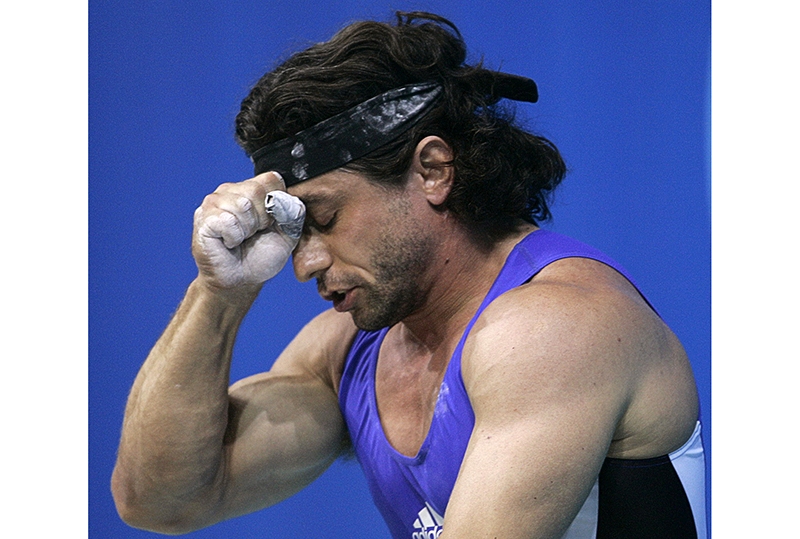Pay attention now: don’t think about the referee and his biased decisions. Are you succeeding in not thinking about him? If you have ever tried to suppress disruptive or irritating thoughts, you will know that it is easier said than done – and recent research suggests we might actually achieve the opposite, just as trying hard to go to sleep may actually serve to keep us awake.
A team of researchers from the University of Western Australia have examined the dubious benefits of thought suppression in a sporting context in two studies using videotaped clips of Australian Rules Football.
In the first study, involving 102 under-graduates, participants watched a video with short sequences focusing on players, coaches and umpires, and were then asked to complete a brief questionnaire to assess their awareness of target images. Before this task, they were divided into three groups, as follows:
- General – asked simply to view the video and answer a questionnaire describing what they had seen;
- Suppression of intention to harm – additionally asked not to pay attention to players attempting to harm others;
- Suppression of umpires – asked not to pay attention to umpires.
As predicted, analysis of the results revealed that subjects asked to suppress their attention to umpires actually paid more attention to them than those whose thoughts were allowed to roam freely. However, this effect was not apparent in the group asked to suppress awareness of intention to harm, and was not aggravated by distracting external stimuli.
The researchers offer two possible explanations for this discrepancy: first, there were significantly fewer ‘intention to harm’ images than those featuring umpires; secondly, intention to harm may have been too subjective a focus to be interpreted meaningfully by the students.
- Suppression of umpires, as in the first study, and
- Suppression of umpires plus cue word (a word to aid refocusing of attention to task-relevant cues, such as the ball).
A suggested explanation for these findings is that when thought suppression is attempted without a new focus, the unwanted thought is likely to return quite quickly. The key to effective thought-suppression thus seems to be replacing the undesired thought with a preferred option.
From a practical viewpoint, this research demonstrates that thought-suppressing techniques have to be carefully applied. Simply instructing someone not to attend to a distracting stimulus may be ineffective or, even worse, damaging to performance. To gain maximum benefit from the process, the Australian researchers argue that it is essential – especially in conditions of high stress – to follow any attempts to clear the mind and stop unwanted thoughts with an effort to refocus on a task-relevant cue.
Journal of Sport and Exercise Psychology, 24, pp306-319
Lee Crust










